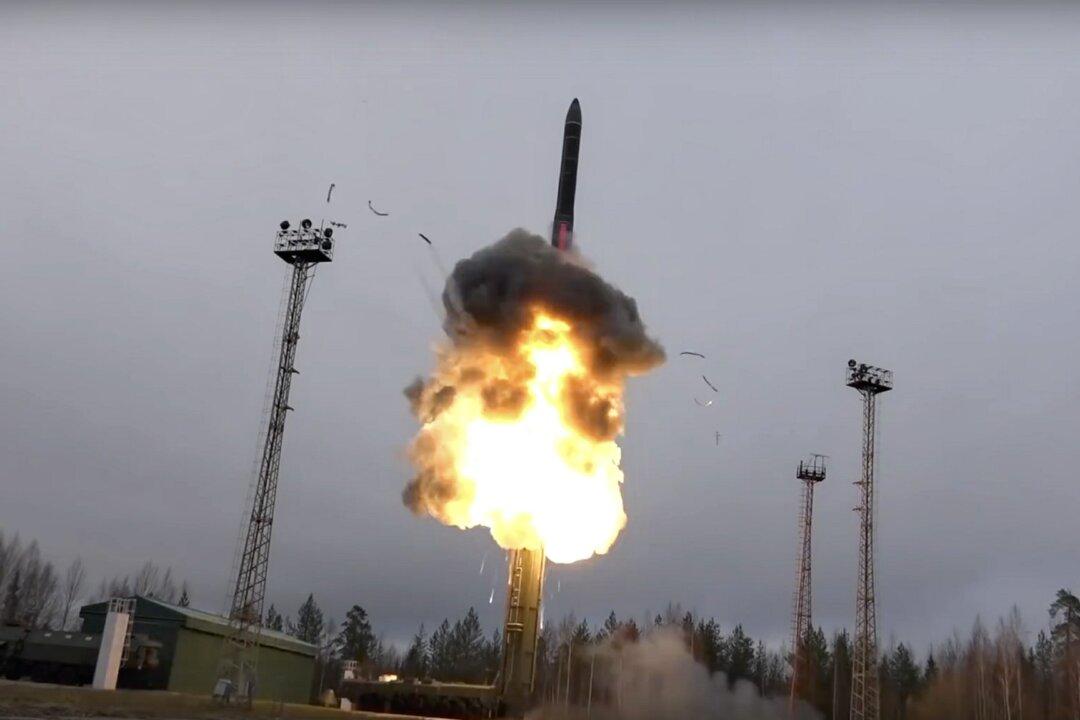The United States and Russia have confirmed that they will hold talks for nuclear disarmament on June 22 in Vienna without China after the communist regime declined to participate in the talks.
Russian Deputy Foreign Minister Sergei Ryabkov confirmed on June 9 that he would hold strategic stability talks with U.S. Special Envoy for Arms Control Marshall Billingslea in Vienna on June 22 “in the bilateral Russia-U.S. format.”





